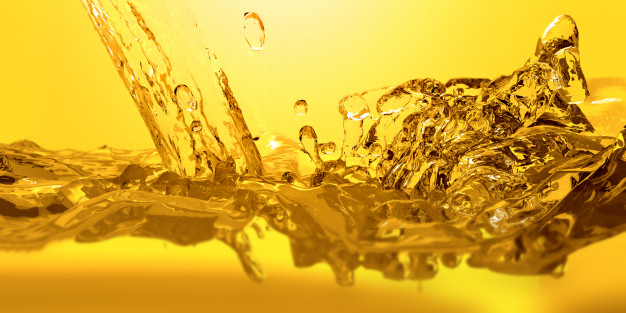Lubricants (2)
There are currently more than 1700 companies producing large and small lubricants around the world. Of these, about 200 companies produce lubricants in addition to other products, and about 1,500 companies have produced lubricants exclusively. Of these, 17 companies account for more than 60% of the global lubricant market, and other manufacturers hold less than 40% of the market. Table (1) lists the biggest world lubricant manufacturers in 2005 along with the nationalities of these companies.
Table (1): The biggest world lubricant manufacturers in 2005
| Nationality | Company | Row |
| USA | Exxon Mobil | 1 |
| Netherland/Britannia | Shell | 2 |
| USA | Chevron Texaco Caltex | 3 |
| England | BP CASTROL | 4 |
| Cinopec/Cnpc | 5 | |
| USA | Pennzoil Quaker State | 6 |
| France | Total Fina Elf | 7 |
| Japan | Nippon Mitsubishi Oil | 8 |
| Russia | Lukoil | 9 |
| USA | Valvoline | 10 |
Base Oil
Base oil is an oil that is considered as a base for the lubricant and after adding additives to it, the final lubricant is obtained. Base oil is the most important component of lubricants in terms of volume and in terms of weight, on average, it is more than 95% of the formulation of a lubricant. In some lubricants, such as compressor oil and hydraulic oil, 99% of the lubricant consists of base oil and 1% of additives. On the other hand, some lubricants such as metalworking fluids, greases or industrial gear oils contain about 30% additive.
Base oil can be obtained from petroleum sources or non-petroleum sources. Today, most of the base oils used in the world are obtained from crude oil refining, and the properties of base oils obtained from oil depend on the type of crude oil and refining operations. Since crude oil contains compounds such as paraffinic, naphthenic and aromatic hydrocarbons as well as sulfur compounds, base oils are also composed of these compounds. The major constituents of petroleum-based oils that also affect lubricating properties are paraffinic, naphthenic and aromatic compounds.

